T4K3.news
Pope Leo XIV frames synodality and wealth as key priorities
In his first interview, the pope links social justice to church reform and outlines diplomacy in tense global conflicts.
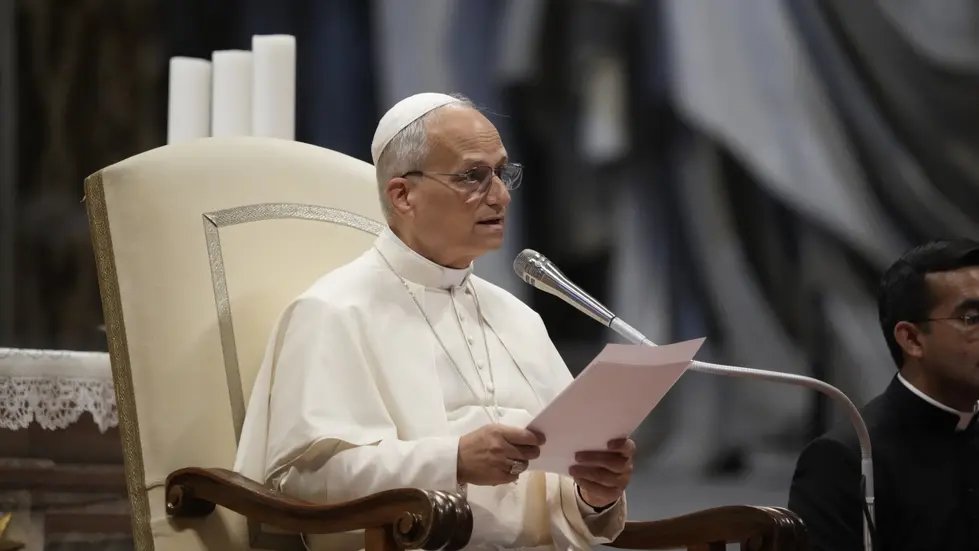
Leo XIV discusses his dual heritage and outlines synodality, social justice, and diplomacy as his guiding priorities.
Pope Leo XIV Builds Bridges Through Synodality and Economic Justice
In his first interview as pope, Leo XIV signals continuity with Pope Francis and frames synodality as a practical tool for unity. He ties his chosen name to Pope Leo XIII and the church’s defense of workers, warning against the widening gap between the wealthiest and the working class. He argues that wealth cannot be the only measure of value and says the church should speak out on economic justice while maintaining its spiritual mission. He describes synodality as an open attitude inviting more participation across bishops, priests, lay people, and families, rather than a political system.
On the world stage the pope says the Vatican should stay as a bridge for dialogue and peace efforts. He notes that hosting peace talks between Russia and Ukraine is not highly realistic and that progress requires multiple actors to push for an end to fighting. He also remarks that the United Nations has struggled to coordinate on multilateral issues, then shifts to a personal note about his sense of identity as both American and Peruvian and his dream of a universal church. The full interview will appear in a forthcoming biography published in Spanish and later in English and Portuguese.
Key Takeaways
"If that is the only thing that has value anymore, then we're in big trouble."
Leo questions extreme wealth and its value in society.
"Synodality is an antidote to the deepest divisions in the church and society."
The pope frames a practical path to unity.
"The most fundamental role of the pope is to confirm others in their faith."
Leo states his core mission.
"There is still a huge learning curve ahead of me as world leader."
Leo reflects on his early months in office.
Leo XIV uses the interview to sketch a vision of a church that leans into social justice and dialogue. Framing income inequality as a central challenge, he links it to the church's mission and to global politics, signaling a less peripheral role for faith in public life. The focus on synodality also tests boundaries around authority and governance within the church, inviting lay voices but risking internal resistance.
Conservatives may resist a broader participation model, and critics could worry about the line between religious messaging and political advocacy. The real test will be whether the pope can translate rhetoric about unity into reforms that engage ordinary Catholics while maintaining doctrinal clarity. If the Vatican can balance conscience, diplomacy, and tradition, the interview could mark a meaningful shift in how faith speaks to world affairs.
Highlights
- If that is the only thing that has value anymore, then we're in big trouble
- Synodality is an antidote to the deepest divisions in the church and society
- The most fundamental role of the pope is to confirm others in their faith
- There is still a huge learning curve ahead of me as world leader
Backlash risk over synodality and wealth critique
The interview touches on sensitive topics like income inequality and the push for synodality, which could trigger internal resistance within the church and draw political scrutiny. The combination of social justice messaging with governance reforms may invite critique from both conservative factions and external critics.
The road ahead will test whether dialogue can translate into real change.
Enjoyed this? Let your friends know!
Related News

Vatican signals continuity in LGBTQ+ welcome
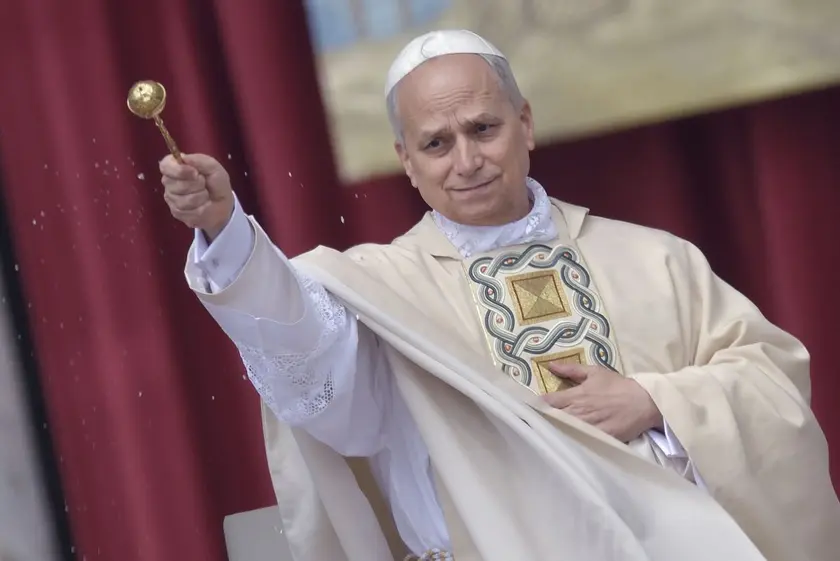
Pope calls for fasting for peace
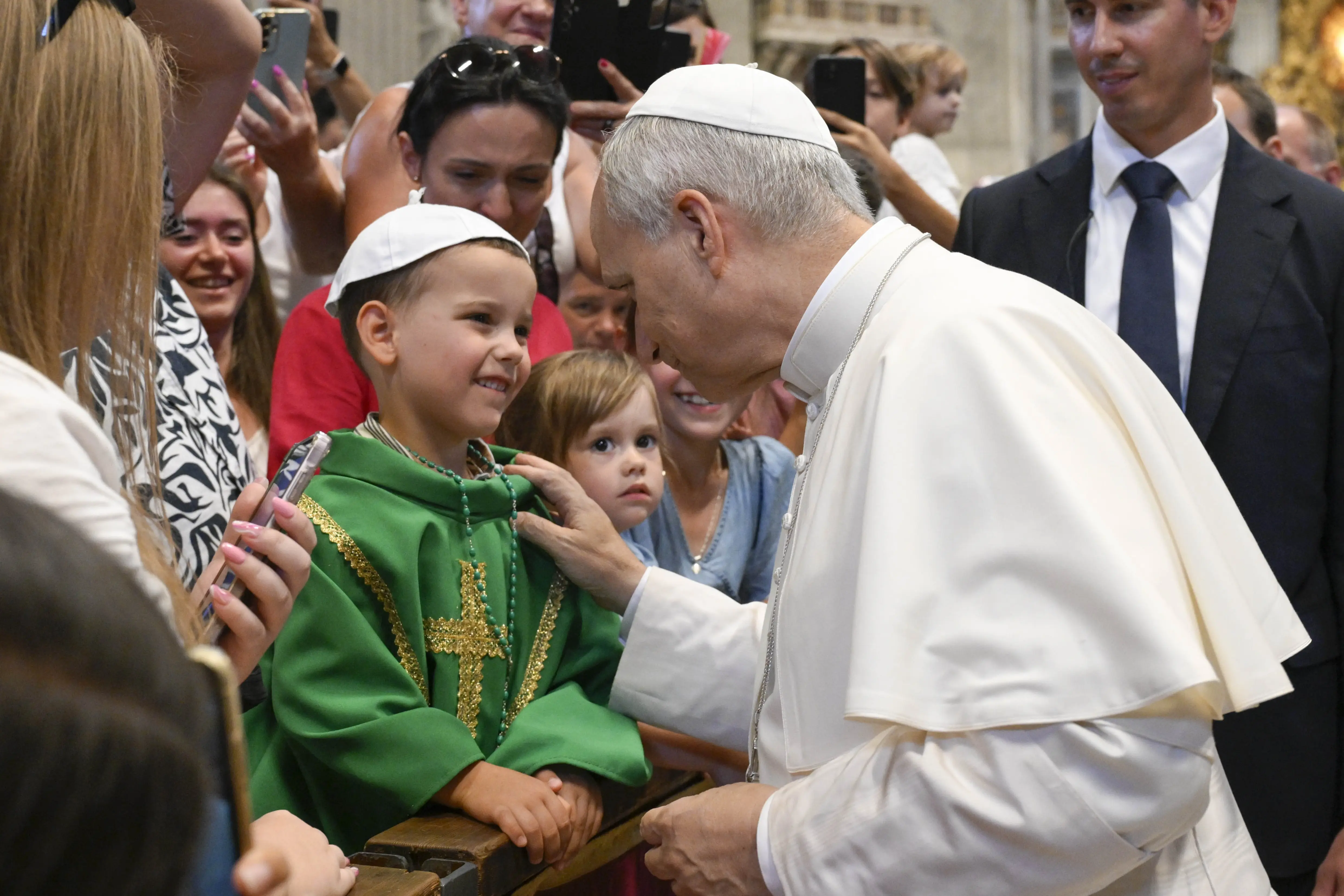
Pope calls for peace through prayer
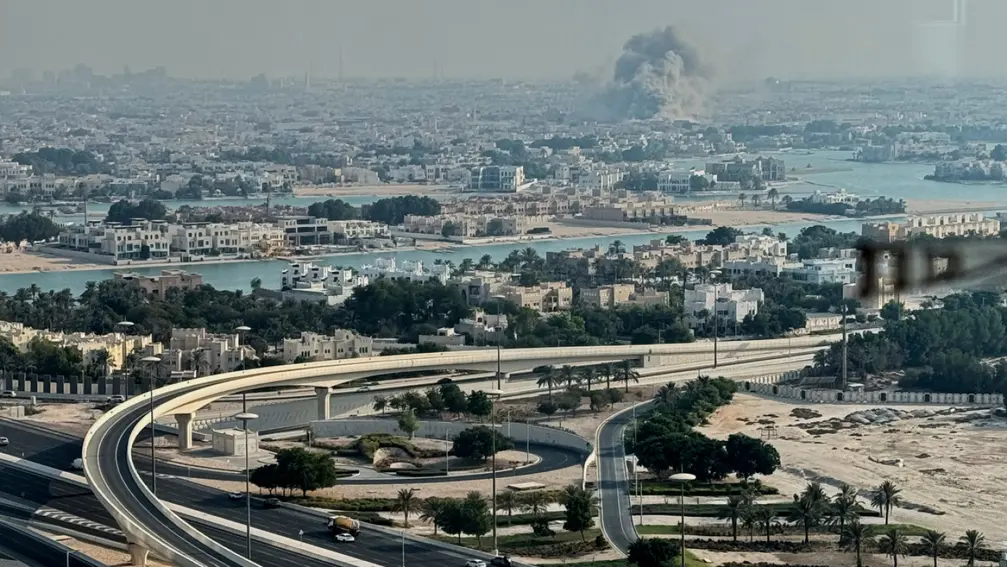
Hamas Leaders Survive Strike in Doha
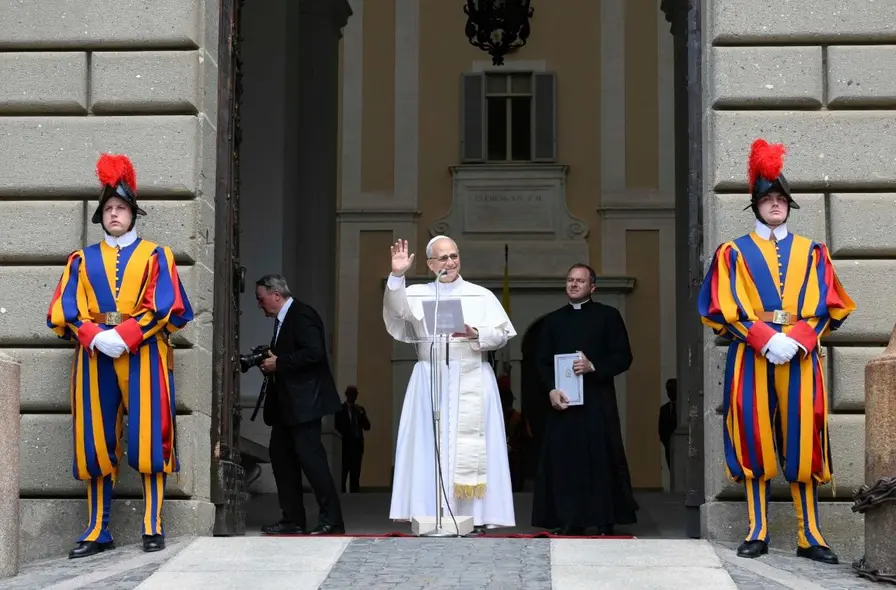
Mary Inspires Hope at the Pope's Angelus

Pope Leo XIV grants prestigious title to John Henry Newman
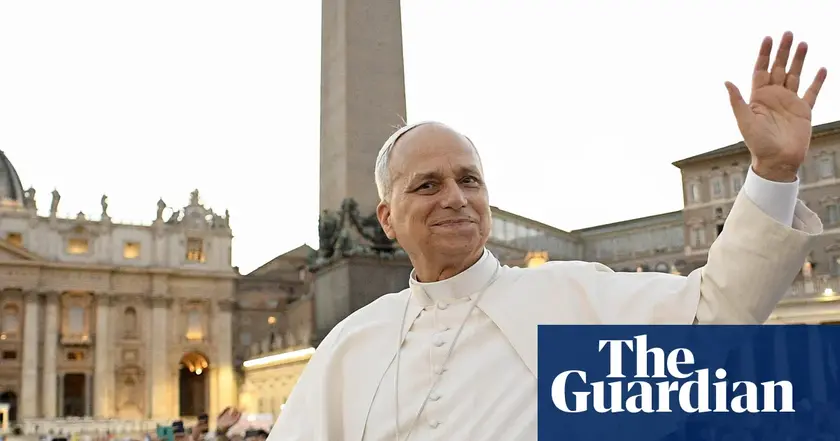
Pope Leo XIV marks three months in office

Pope Leo calls for shared witness amid global suffering
